How do you protect a species that’s so valuable it’s called the “gold bar of the sea”?
Sea cucumbers are an incredibly important source of income for rural people in Melanesia, but decades of overfishing are causing catastrophic population declines worldwide.
In September 2018, I joined Nature Conservancy scientists on journey to Manus, Papua New Guinea, where local communities are banding together to sustainably manage their sea cucumber stocks. The photographs below document their efforts to protect this marine resource and improve livelihoods at the same time. (You can read more about this work in our feature story.)
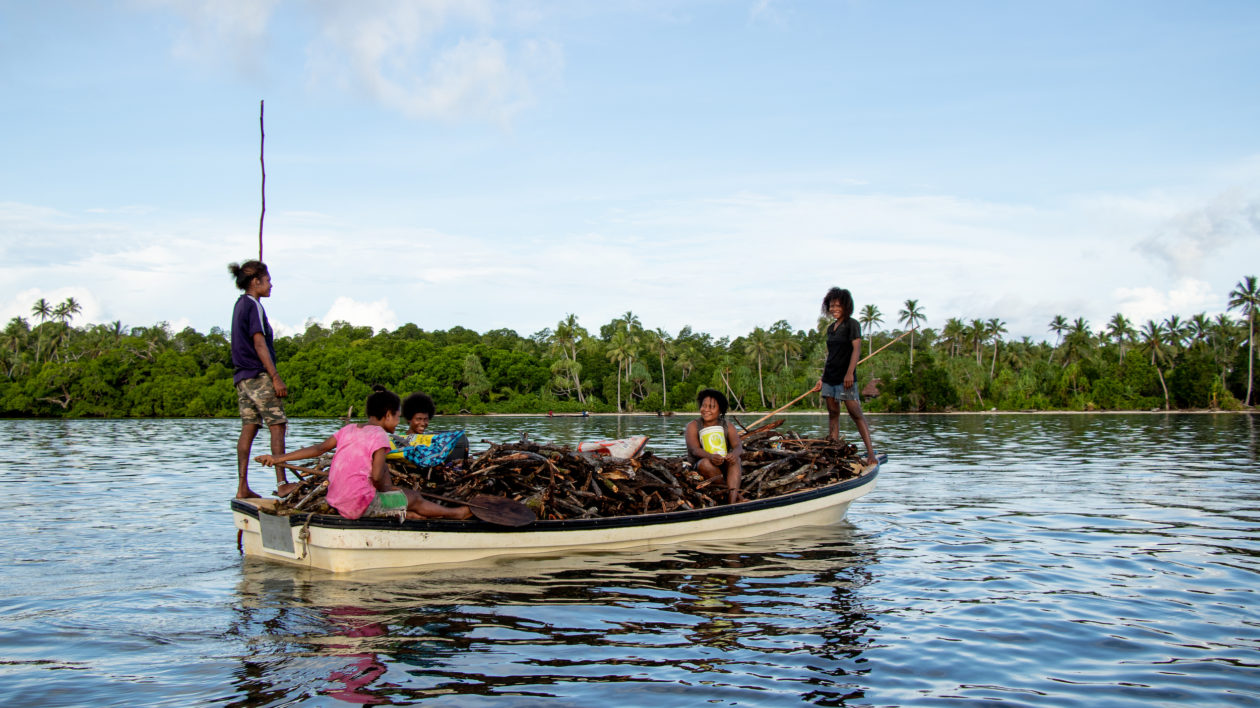
Manus is a small volcanic island more than 200 miles north of Papua New Guinea’s mainland. Aside from the capital town of Lorengau, most of its people live in small communities scattered across the coast and inland forests. Manusians rely almost entirely on their natural resources for survival: many houses are built from bush materials and food is grown, fished, or hunted from tribal lands.
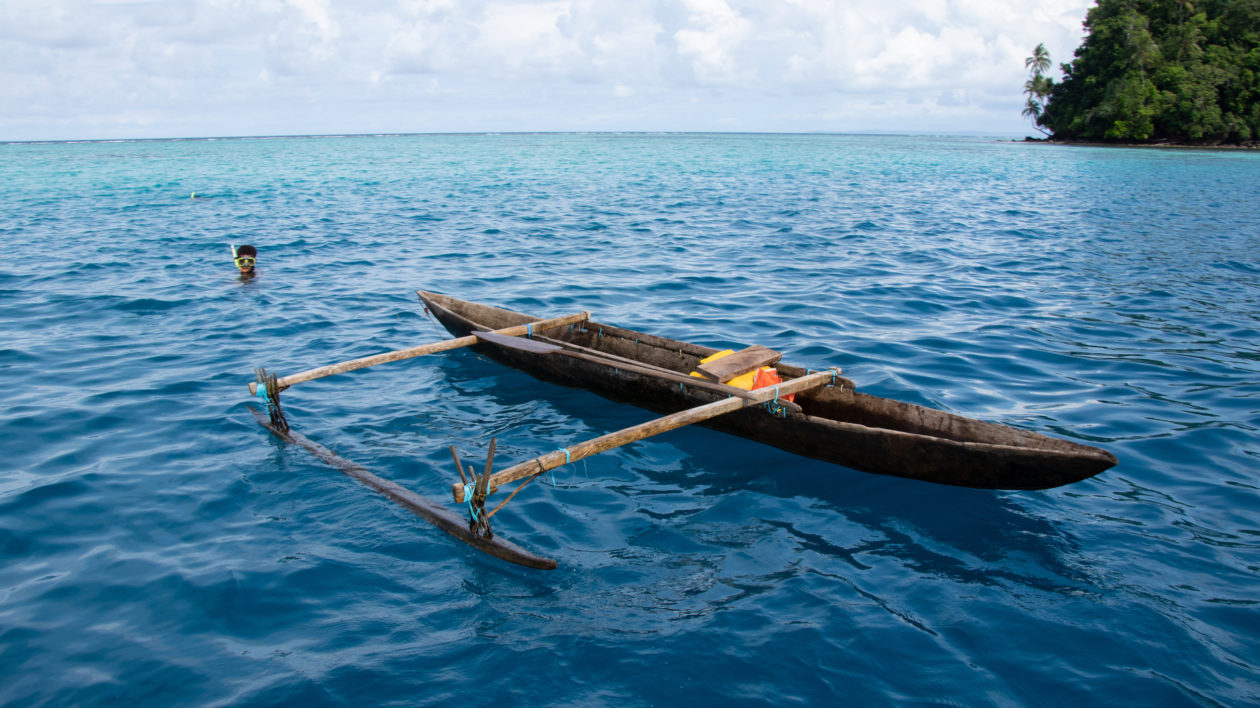
For centuries, people across Melanesia have fished sea cucumbers to sell to Asian markets. Likened to gold bars in the sea, they help generate much-needed cash income for rural communities. About 26 sea cucumber species are harvested in Papua New Guinea, and the two most valuable species are white teat and sandfish.
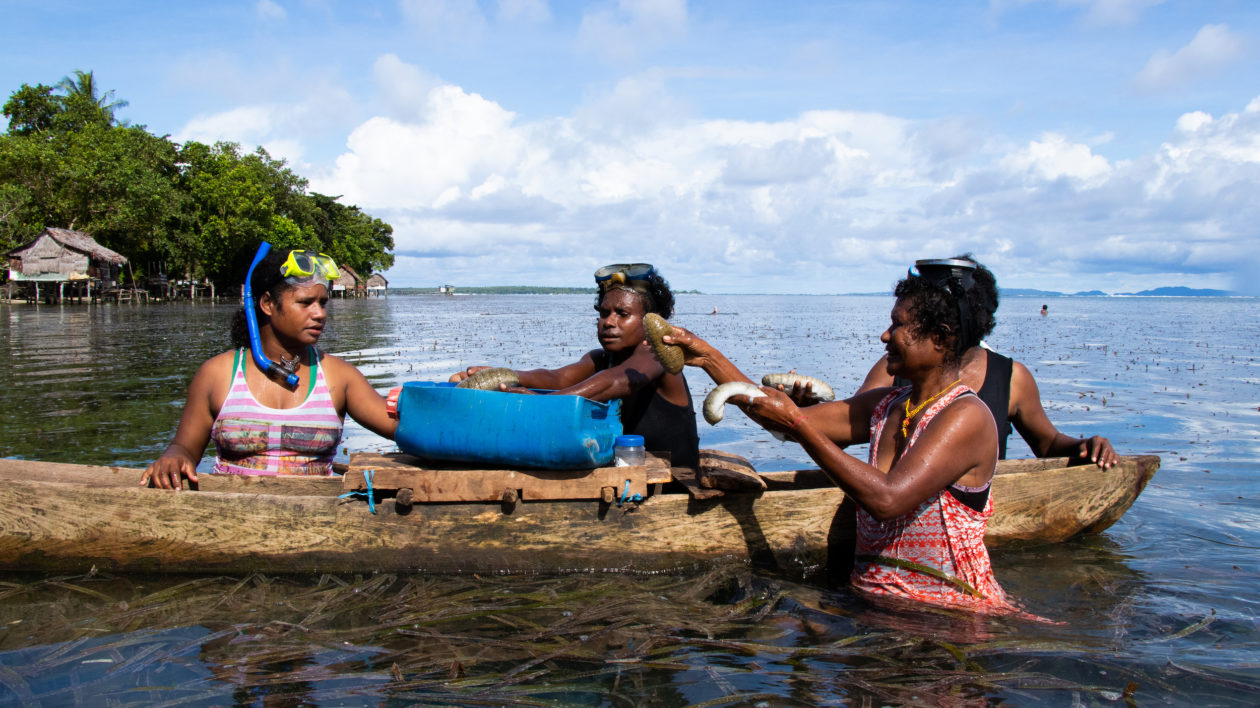
Sandfish (Holothuria scabra) are found in shallow seagrass meadows and are traditionally harvested by women and children. They’re also the most valuable species of sea cucumber in Manus, providing a crucial source of income for women.
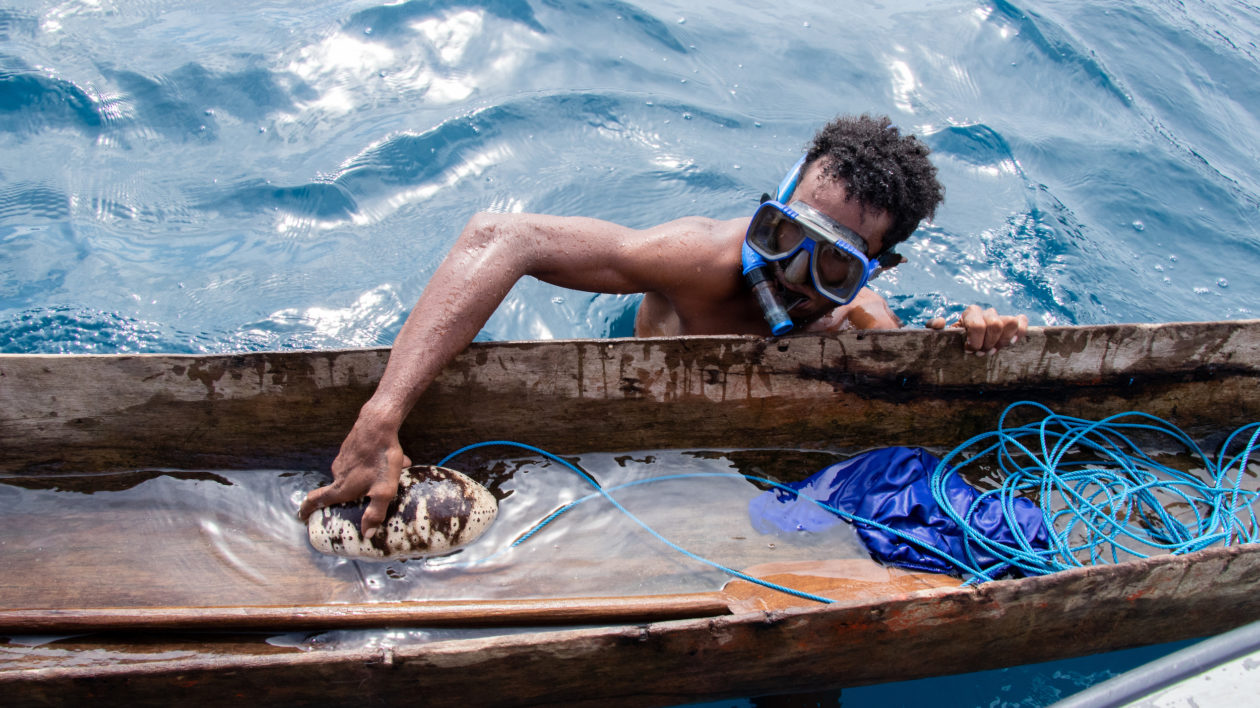
White teat (Holothuria fuscogilva) are the second-most valuable species in Manus. These large, white-and-brown mottled sea cucumbers are found in deeper waters, between 50 and 100 feet deep (or 15 to 30 meters). They are traditionally fished by young men, who repeatedly free-dive to these depths to locate and retrieve the sea cucumbers.
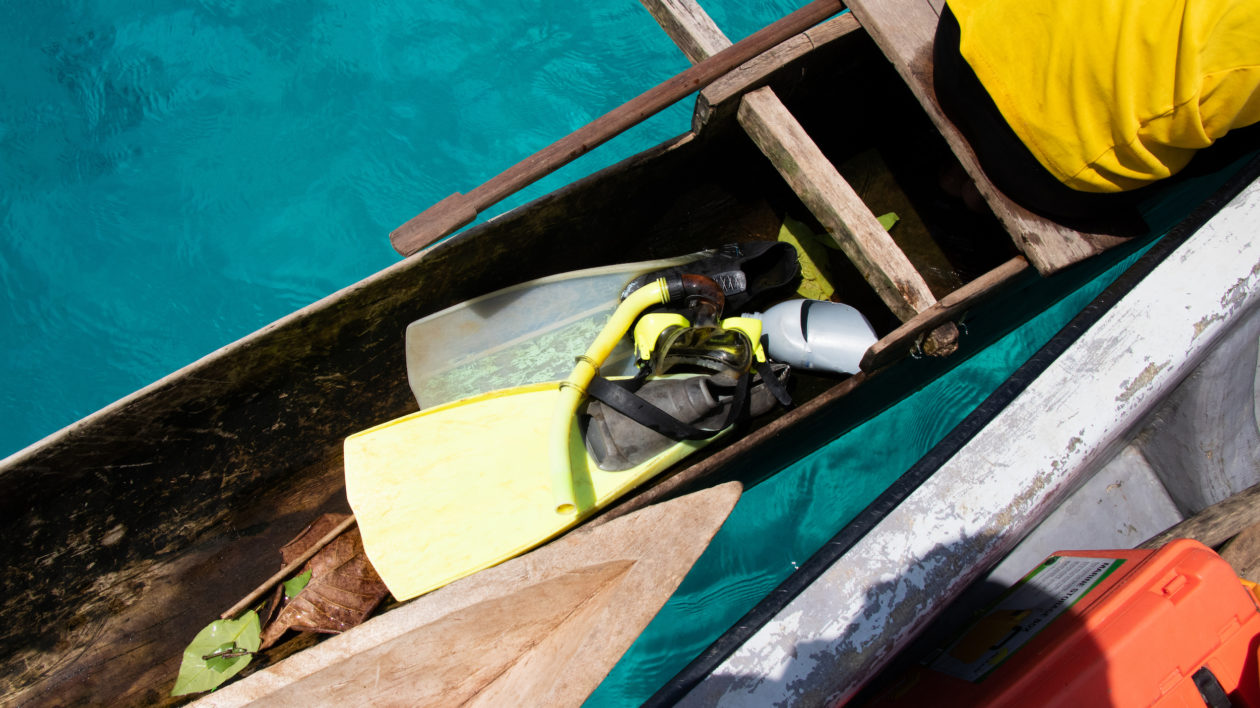
Sea cucumber populations around the world are collapsing as increasing demand from Asian markets leads to widespread overfishing. In 2009, Papua New Guinea’s fishery collapsed, forcing a nationwide ban on sea cucumber harvesting. It took eight years for populations to recover enough to allow fishing.
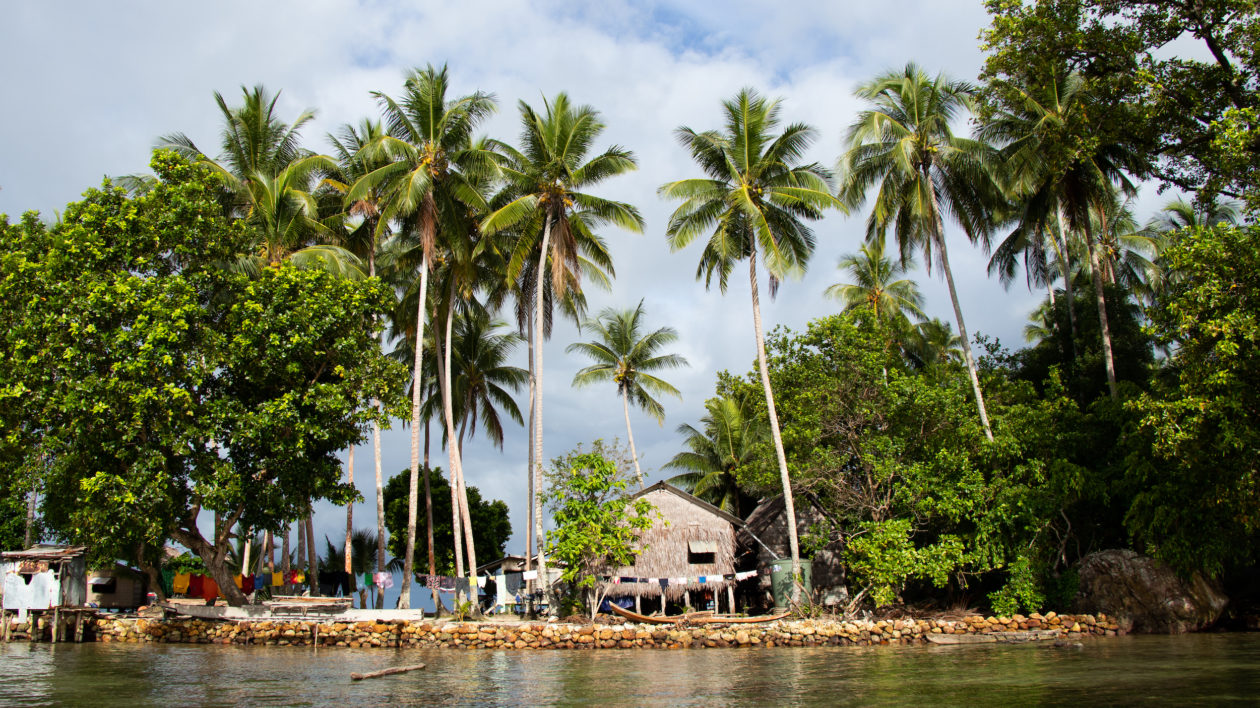
With the fishery closed, life was difficult for many Manusians. Money from sea cucumber fisheries provides an incredibly important source of cash income for rural Melanesians, and that profit is often spent meeting basic needs. Sea cucumber profits build houses, send children to school, buy boats or motors to aid subsistence fishing, and help pay for other basic necessities, like rainwater tanks.
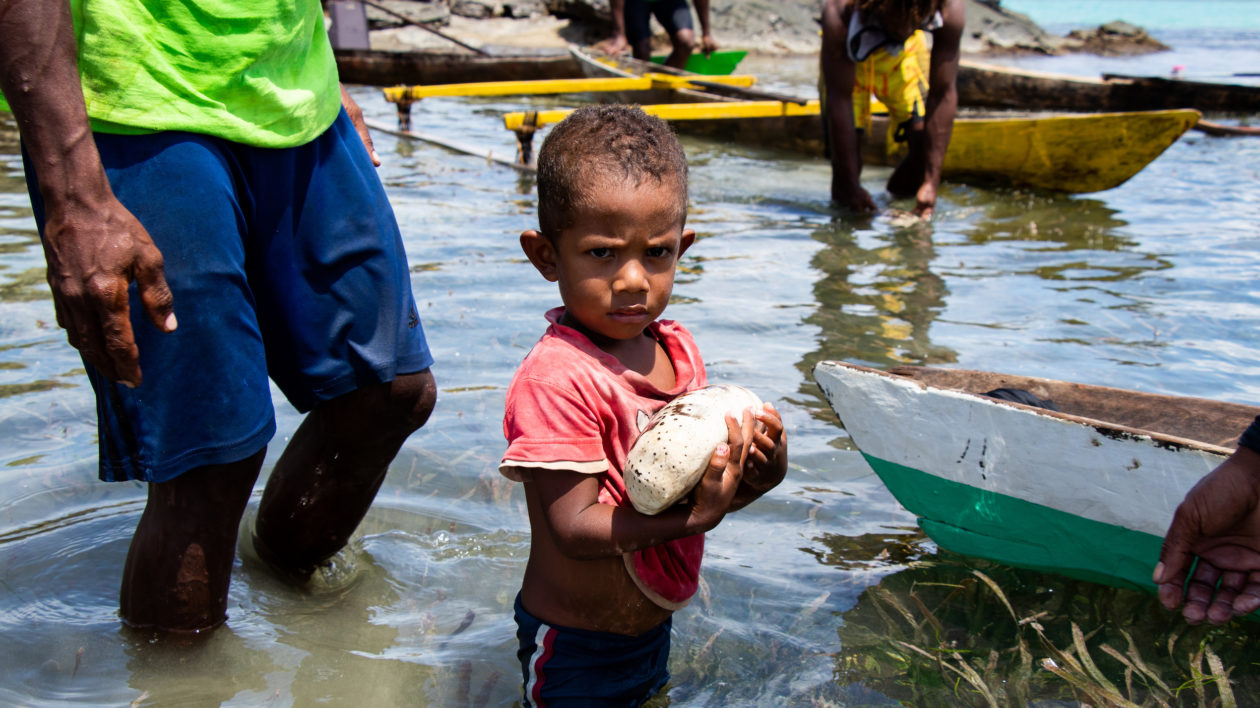
In 2017 the fishery reopened, this time with an updated management plan. Each province had a limit on how much they could harvest, and size restrictions were put in place to ensure adults had a chance to breed before being fished. Despite these measures, widespread overfishing still occurred. Fisheries officials were slow to close the fishery once quotas were met, and exports weren’t monitored to ensure they complied with size limits.
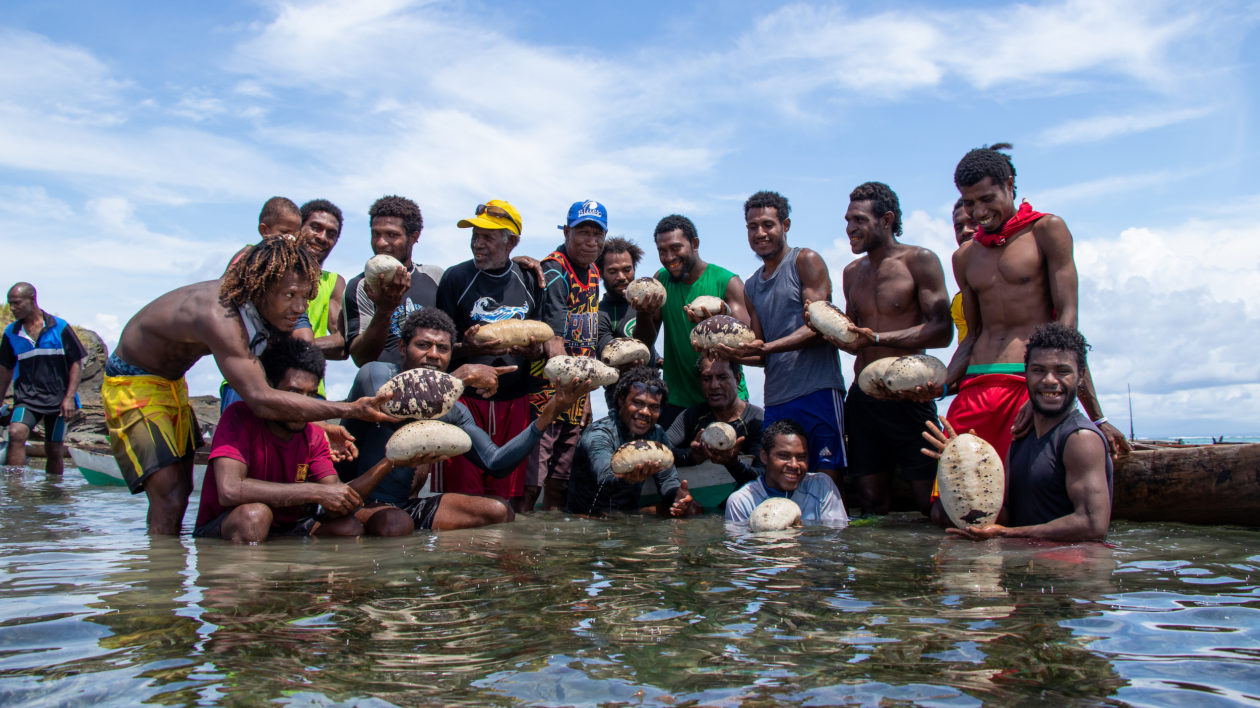
Aware of these challenges, communities along Manus’s southern coastlines are joining together to implement their own sustainable sea cucumber management. The Mwanus Endras Tribal Network (MENAR) brings together nearly 10,000 people across 2.4 million hectares of seascape to sustainably manage their marine resources. These communities have established protected areas to safeguard key habitat for important fish species, including sea cucumbers.
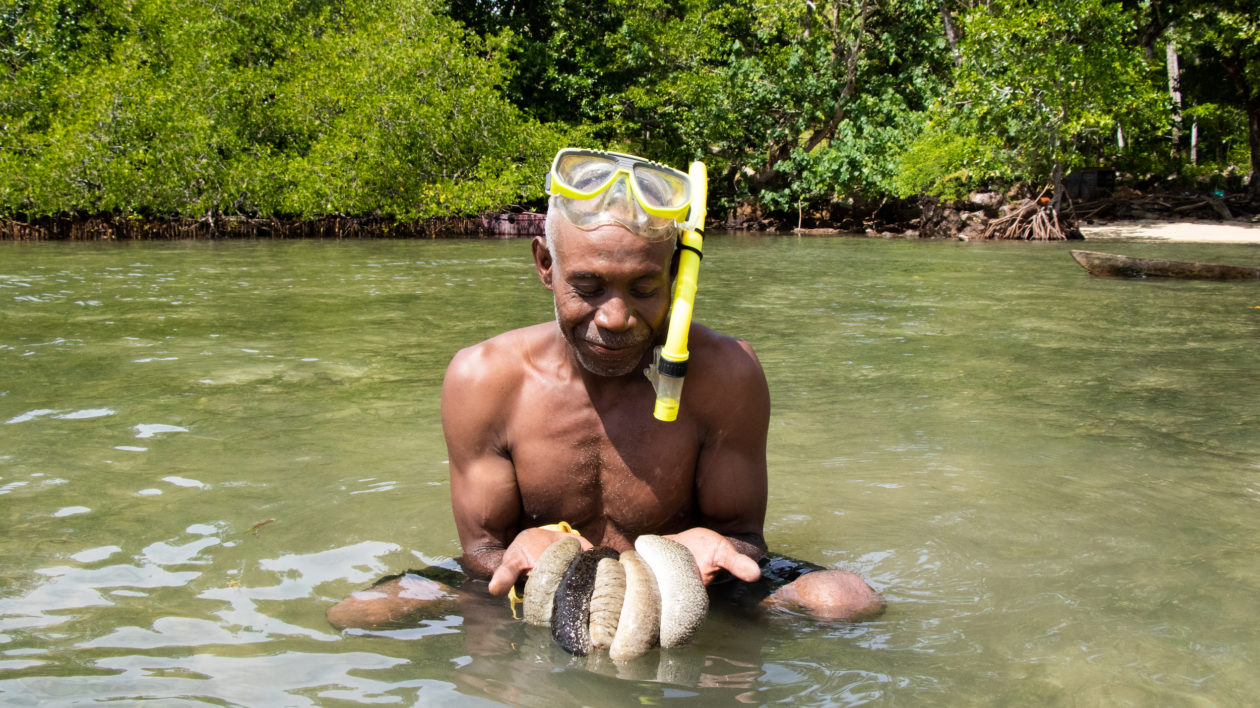
The goal of these protected areas is to safeguard the breeding stock of sea cucumbers, which will help rebuild populations no matter what happens elsewhere in the seascape. Community members survey the protected areas before and after the fishing season to help monitor the population.
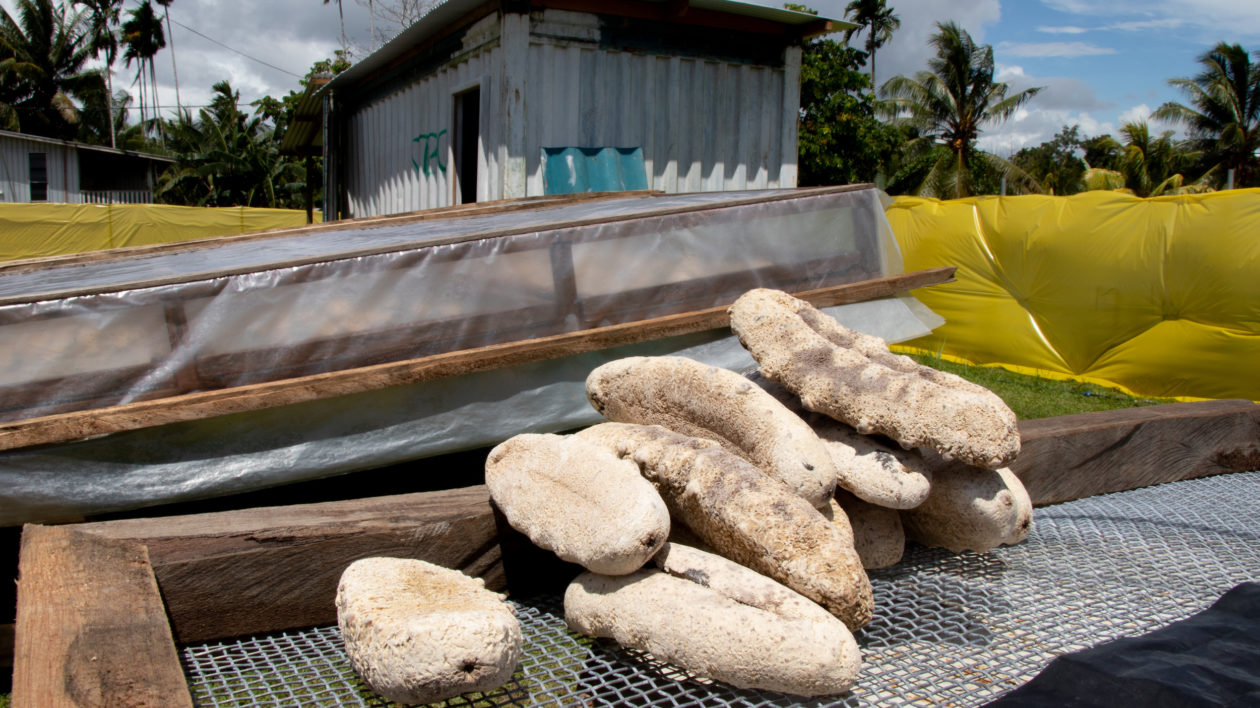
With TNC’s help, MENAR also formed a business co-op and obtained a license to export beche-de-mer, or dried sea cucumber, directly to foreign markets. It was the first cooperative venture in all of Papua New Guinea to harvest, process, and exports their own beche-de-mer. By streamlining the supply chain, they are able to earn significantly more money for their product and pass most of that profit directly to the fishers.
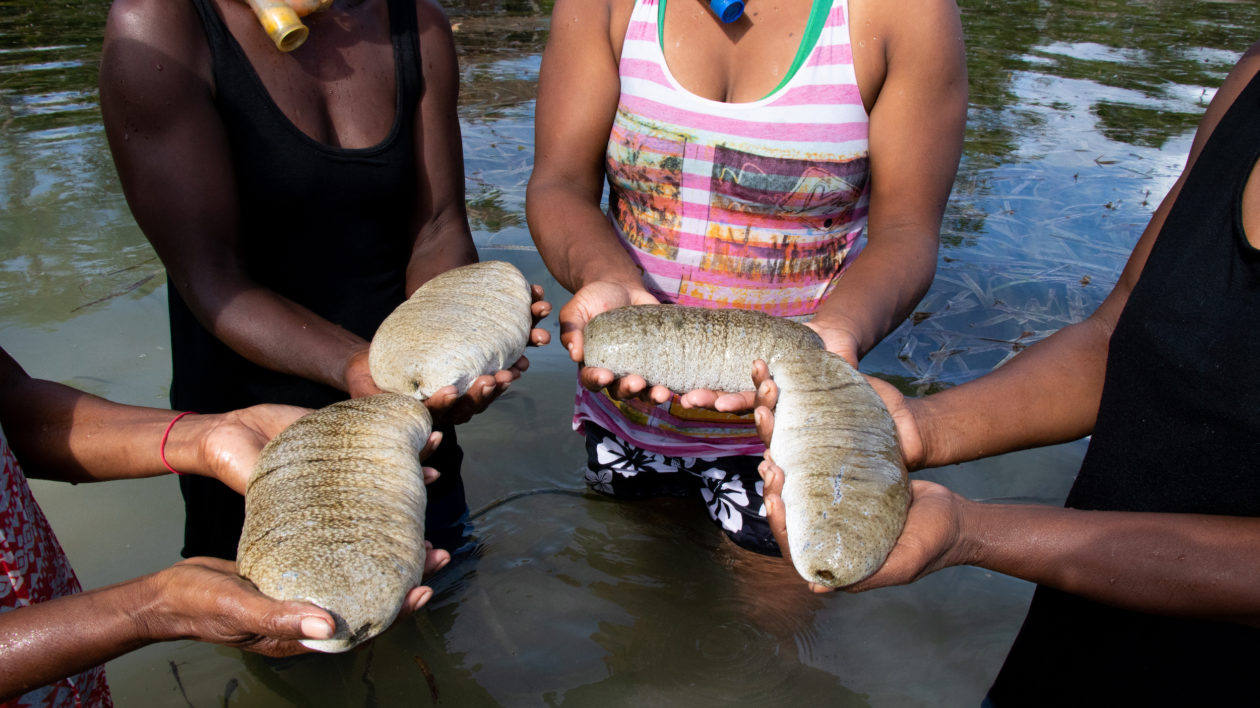
The co-op was profitable in 2017, but the 2018 season was less successful due to a combination of greater competition from foreign buyers, increased production costs, and unintentional overfishing in the 2017 season. Papua New Guinea has yet to announce if the national fishery will open again in 2019.
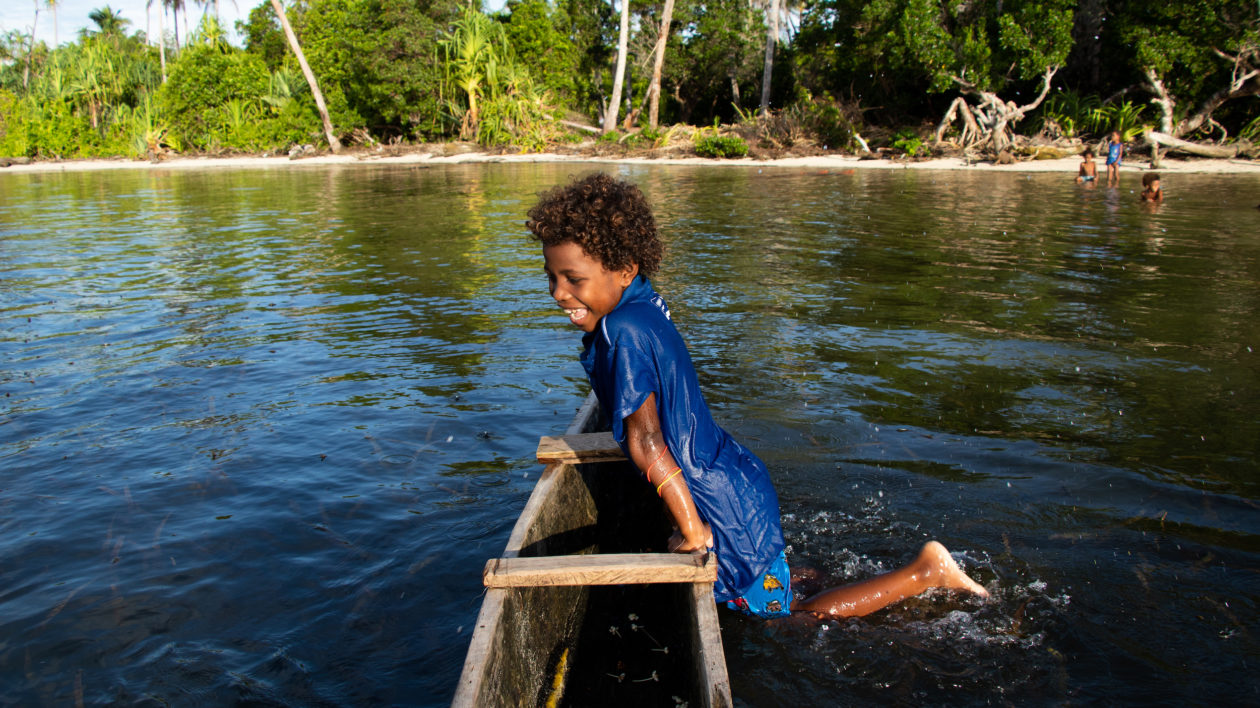
Finding the right balance to successfully generate income and incentivize natural resource management is difficult, and, despite the uncertainty, TNC and MENAR have made significant headway in achieving that balance.
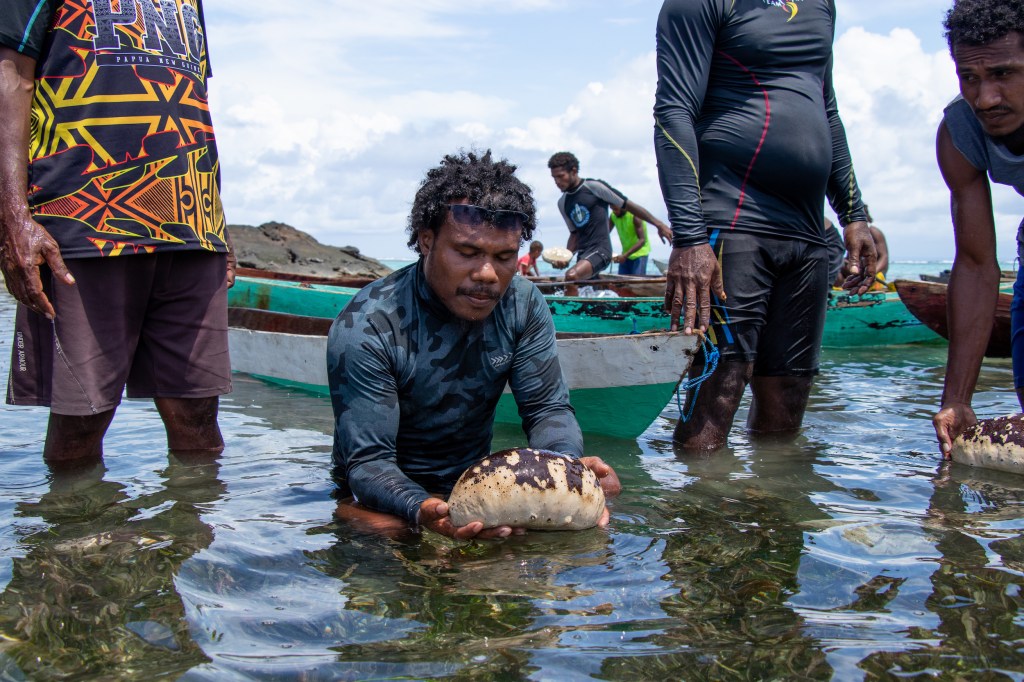



Join the Discussion